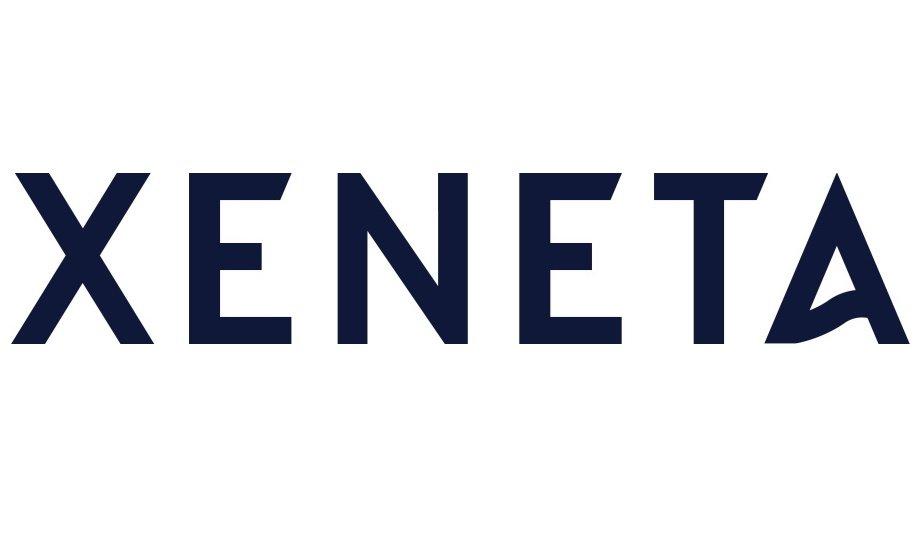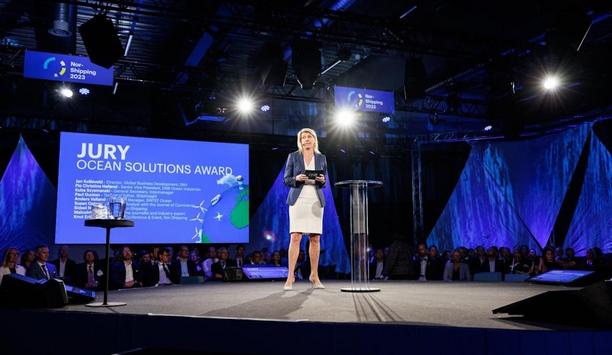Long-term ocean freight rates suffered a steep month-on-month decline in November as subdued spot prices, weak demand, and ongoing economic uncertainty caught up with contracted container agreements.
The latest data from the Xeneta Shipping Index (XSI®) indicates that global rates fell by 5.7%, with all major corridors experiencing negative import and export trends. This is the third month in a row that rates have dropped, but the largest month-on-month decline recorded since the launch of the XSI® in 2019.
Fighting for volume
“A drop in long-term rates is no surprise, but the scale of this demonstrates the challenges facing the industry at present,” states Patrik Berglund, Xeneta’s Chief Executive Officer (CEO).
We’ve already seen how spot rates have collapsed since summer"
Berglund says that depressed consumer demand in the face of the cost of living crisis is leaving carriers in a position where they’re now ‘fighting for volume’, after over two years of strong demand, supply chain congestion and under-capacity.
“We’ve already seen how spot rates have collapsed since summer,” comments Patrik Berglund, adding “And, after a few months of very slender long-term rates drops, we’re now witnessing a ‘catch-up’ as existing agreements expire and new contracts come into force.”
Storms ahead
Patrik Berglund continues, “I think this month’s XSI® gives an unmistakable sign of the shift in market fundamentals. Average rates are now falling, marking an end to the record-breaking quarters that we’ve almost grown accustomed to seeing from the leading carriers. As we approach 2023, stormy waters await for a segment that is so often a bellwether for global economic well-being.”
Despite the negative indicators abundant in Xeneta’s real-time data, crowd-sourced from major global shippers, Patrik Berglund is quick to point out that the market is falling from a high. Global rates are still 67.2% up compared to November 2021, he says, although this is the first month since October 2021 when the index is less than 100% up year-on-year.
“That just demonstrates how strong the carriers’ position has been,” notes Patrik Berglund, adding “And for how long. But, it seems, this will come to an end.”
XSI® shows drops across all major trading routes
On a regional basis, the XSI® shows drops across all major trading routes
On a regional basis, the XSI® shows drops across all major trading routes. European imports fell for the third month in a row, dropping 3.5%, but remaining 47.9% up year-on-year. In September, volumes were down at their lowest level of the year, having fallen 5% in the first nine months of 2022.
Exports fared slightly better on the XSI®, helped by the continuing strength of Europe to US East Coast trade, edging down 1.1% for the month (up 83% against November 2021).
Far East exports on the XSI® experiences largest ever drop
Far East exports on the XSI® experienced their largest ever drop, falling by 8.5% (up 68.5% year-on-year). It was a similar story for the import benchmark, declining by 6.2%. On a year-on-year basis, this is now the weakest-performing index, with “just” a 30.9% climb since November 2021.
In the USA (United States of America), both export and import benchmarks saw steep falls. With low volumes on the Trans-Pacific corridor and spot rates that are said to be ‘below break-even’ on some services, the import index saw a significant 8.9% decline. The export performance was marginally better, with a 5.3% fall, leaving rates up 38.6% against November 2021.
Backlogs caused by congestion eased in the US and Europe
“It’s difficult to see how the declines will be arrested in the short- to mid-term,” comments Patrik Berglund, adding “China’s continued zero-COVID policy means much of the country is now in some form of lockdown, while in the US and Europe, the expected peak season for cargoes has been a non-starter, with worrying macro-economic indicators front of mind.”
He continues, “On the plus side, backlogs caused by congestion have eased in both the US and Europe. However, many European ports are still heavy with cargoes as shippers are increasingly using them as storage for goods they don’t currently need due to lower demand.”
Xeneta predicts further falls in rates going into a new year
Xeneta is now predicting further falls in rates going into a new year
Xeneta is now predicting further falls in rates going into a new year, which, according to the company’s analysts, could see volumes dropping by 2.5% or more. With the anticipated growth in the size of the world container fleet, the Oslo-based team also believes lay-ups will increase, with the idle fleet expected to pass 1m TEU.
Patrik Berglund concludes, “After such a long, strong period of rates growth, its clear 2023 will usher in much tougher times for the global carrier community. Time will tell exactly how challenging that proves to be.”
Xeneta’s powerful reporting and analytics platform
Xeneta is the globally renowned and air freight rate benchmarking and market intelligence platform transforming the shipping and logistics industry.
Xeneta’s powerful reporting and analytics platform provides liner-shipping stakeholders the data they need to understand current and historical market behaviour – reporting live on market average and low/high movements for both short and long-term contracts.
Xeneta’s data covers contracted container and air freight rates
Xeneta’s data is comprised of over 300 million contracted container and air freight rates, and covers over 160,000 global ocean trade routes and over 40,000 airport-airport connections.
Xeneta is a privately held company with headquarters located in Oslo, Norway and regional offices located in New York, USA and Hamburg, Germany.











